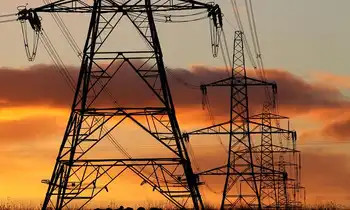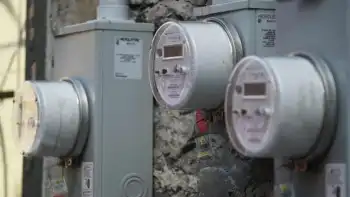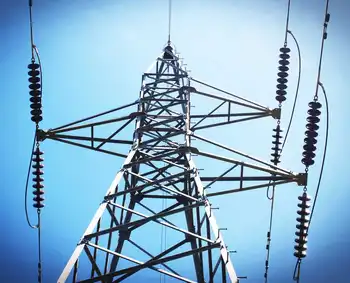Panel recommends rejection of coal plant
TEXAS - A state hearing panel dealt a major blow to TXU Corp.'s plans to build 11 new power plants, recommending that environmental regulators reject the energy company's plans to build a large coal-fired plant southeast of Waco.
In a decision cheered by clean-air advocates, the panel of two administrative law judges rejected TXU's claims that the plant in Robertson County would use the best pollution controls commercially available to protect public health and the environment.
The plant - one of 11 proposed by TXU to be built near Dallas- Fort Worth - is the first to reach the administrative hearing level in the state permit process.
"This is just one step in the process and is in no way a final decision," TXU spokeswoman Kimberly Morgan said.
The case now goes back to the Texas Commission on Environmental Quality, which had granted preliminary approval to build the plant after Gov. Rick Perry issued an executive order last year mandating that the commission expedite permits for new power plants.
TXU said it plans to carry on with its plans to build the new plant, believing that the commission will overrule the judges and allow it to be built.
In a 42-page order released recently, the panel concluded that TXU failed to prove that proposed pollution controls would sufficiently limit emissions or that they could "reasonably be expected to work."
The judges also rejected computer modeling done by the company that showed that the power plants would protect public health and the environment, writing that TXU could not show that the computer analysis reflected what would actually be emitted from the plant.
Paul Rolke, who lives about five miles from the proposed plant, never believed TXU.
Rolke, 52, organized area residents into the group Robertson County Our Land, Our Lives. It was his group that challenged the state permit that the judges reviewed.
"We have said all along these plants could and should be built cleaner," he said. "The position of our group has not been, 'Don't build it,' but rather, 'Build it clean.'"
The Oak Grove plant is part of TXU's $10 billion plan to build power plants and increase the state's energy production. But the decision from judges Carol Wood and Thomas Walston of the State Office of Administrative Hearings sharply dismisses the company's plan, saying the proposed pollution-control technology is not being used in similar plants and could not be expected to work effectively to protect human health and the environment.
TXU had proposed using a system used in some coal-fired plants to control ozone-forming pollutants by chemically altering the pollutants into harmless vapor.
But the judges noted that the Oak Grove plant would burn lignite coal, which produces high levels of ash. The ash likely would clog the proposed system, making it unable to control emissions of nitrogen oxide, the primary man-made component in ozone, company officials acknowledged during hearings in June.
The judges also found that the Oak Grove plant would have been allowed to emit as much as 60 percent more nitrogen oxides than two similar power plants recently permitted near Waco and San Antonio.
Another issue was the proposed pollution controls for mercury.
The company proposed a combination of chemically altering emissions, bag houses to trap the emissions and filters to control mercury.
But as was the case with the ozone-forming emissions, the system has not been successfully used in another plant.
The judges concluded that the system could not be expected to work.
Related News

Barakah Unit 1 reaches 100% power as it steps closer to commercial operations, due to begin early 2021
UAE - The Emirates Nuclear Energy Corporation, ENEC, has announced that its operating and maintenance subsidiary, Nawah Energy Company, Nawah, has successfully achieved 100% of the rated reactor power capacity for Unit 1 of the Barakah Nuclear Energy Plant. This major milestone brings the Barakah plant one step closer to commencing commercial operations, scheduled in early 2021.
100% power means that Unit 1 is generating 1400MW of electricity from a single generator connected to the UAE grid. This milestone makes the Unit 1 generator the largest single source of electricity in the UAE.
The Barakah Nuclear Energy Plant is the largest source…




